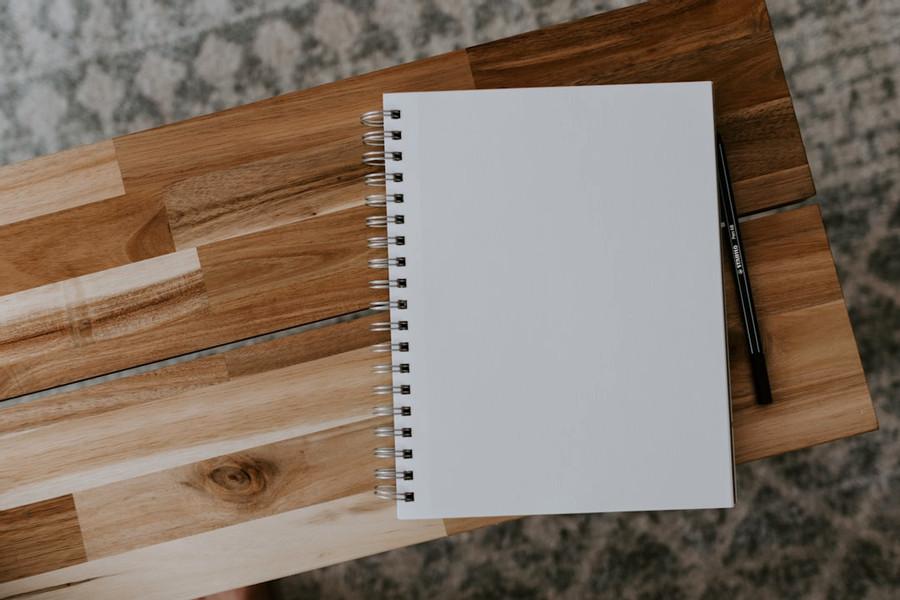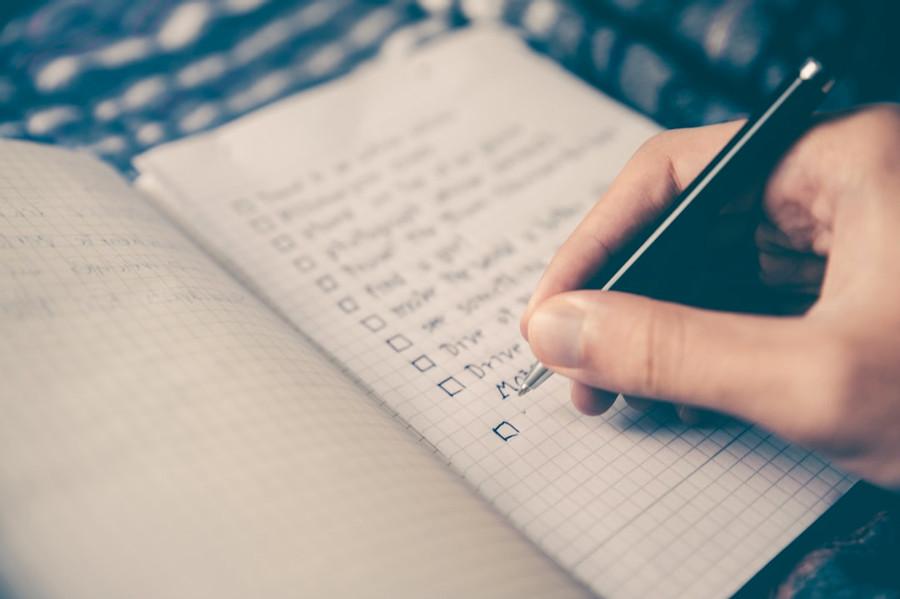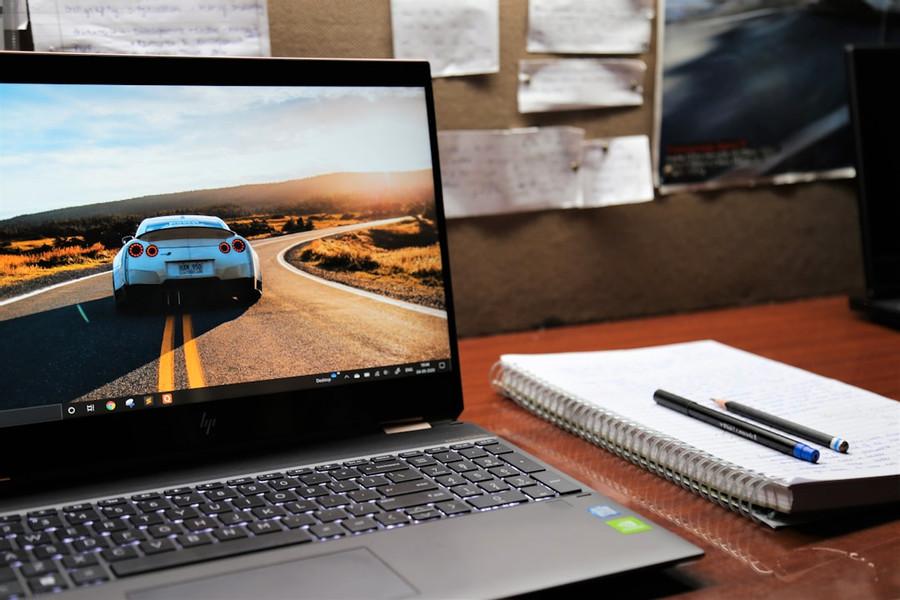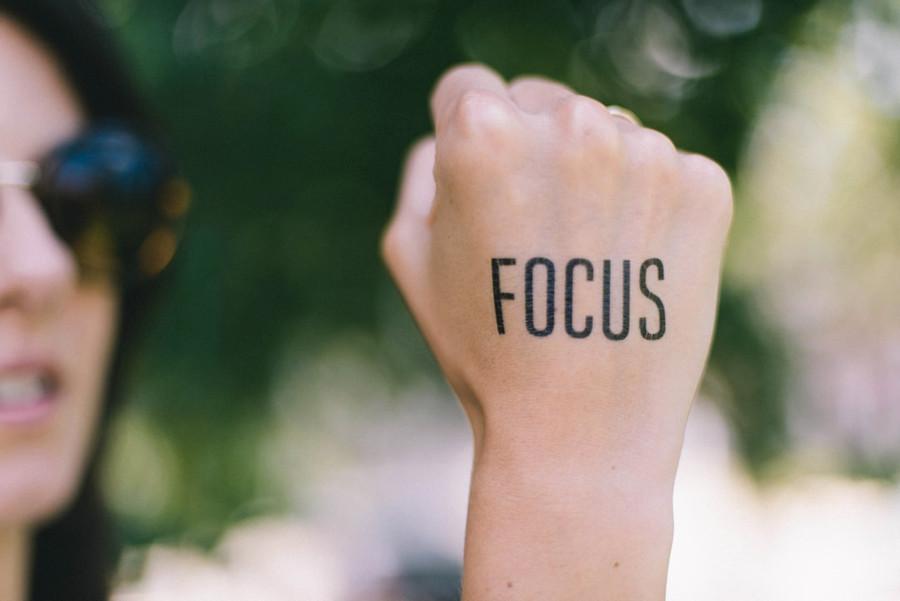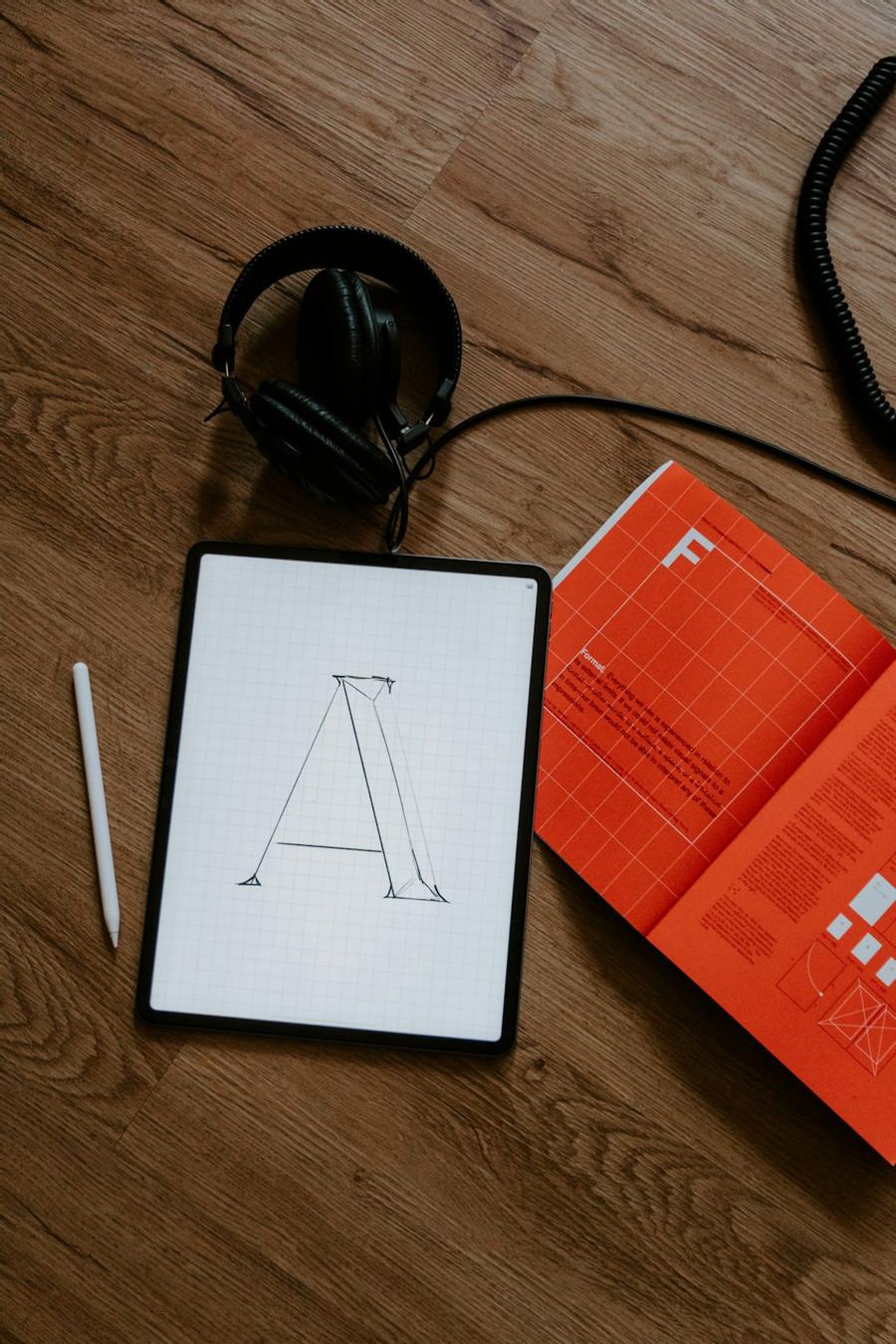How to Learn Fast: 10 Ways to Boost Math and Language Skills
Curated from: entrepreneur.com
Ideas, facts & insights covering these topics:
10 ideas
·7.37K reads
58
Explore the World's Best Ideas
Join today and uncover 100+ curated journeys from 50+ topics. Unlock access to our mobile app with extensive features.
1. Take notes with pen and paper.
To speed up your learning, skip the laptop and take notes the old-fashioned way, with pen and paper. Research has shown that those who type in their lecture notes process and retain the information at a lower level. Those who take notes by hand actually learn more.
The act of writing out the information fosters comprehension and retention through muscle memory.
105
1.2K reads
2. Have effective note-taking skills.
The better your notes are, the faster you'll learn. Knowing how to take thorough and accurate notes will help you remember concepts, gain a deeper understanding of the topic and develop meaningful learning skills. So, before you learn a new topic, make sure you learn different strategies for note taking, such as the Cornell Method, which helps you organize class notes into easily digestible summaries.
125
971 reads
3. Distributed practice.
This method involves distributing multiple practices (or study sessions) on a topic over a period of time. Using short, spaced-out study sessions will encourage meaningful learning, as opposed to long "cram sessions," which promote rote learning.
The first step is to take thorough notes while the topic is being discussed. Afterward, take a few minutes to look over your notes, making any additions or changes to add detail and ensure accuracy.
Do this quickly, once or twice following each class or period of instruction.
101
817 reads
4. Study, sleep, more study.
Research shows a strong connection between sleep and learning. It seems that getting some shut-eye and taking short breaks are important elements in bolstering how our brains remember something. Deep sleep (non-rapid-eye-movement sleep) can strengthen our long-term memory if the sleep occurs within 12 hours of learning the new information.
And students who both study and get plenty of sleep not only perform better academically; they're also happier.
108
801 reads
5. Modify your practice.
If you're learning a skill, don't do the same thing over and over. Making slight changes during repeated and deliberate practice sessions will help you master a skill faster than doing it the same way every time
This only works if the modifications are small -- making big changes in how the skill is performed won't help. So, for instance, if you're practicing a new golf swing or perfecting your tennis game, try adjusting the size or weight of your club or racket.
104
680 reads
6. Try a mnemonic device.
One of the best ways to memorize a large amount of information quickly is to use memory techniques like a mnemonic device: a pattern of letters, sounds or other associations that assist in learning something.
Mnemonics help you simplify, summarize and compress information to make it easier to learn a new word or new skill.
102
747 reads
7. Use brain breaks to restore focus.
Information overload is a real thing. In order to learn something new, our brains must send signals to our sensory receptors to save the new information, but stress and overload will prevent your brain from effectively processing and storing information.
The best way to combat this is by taking a "brain break," or simply shifting your activity to focus on something new. Even a five-minute break can relieve brain fatigue and help you refocus.
96
575 reads
8. Stay hydrated.
Drinking water can actually make us smarter. According to one study, students who took water with them to an examination room performed better than those who didn't.
Dehydration, on the other hand, can seriously affect our mental function. When you fail to drink water, your brain has to work harder than usual.
102
543 reads
9. Learn information in multiple ways.
When you use multiple ways to learn something, whether it's language learning or speed reading, you'll use more regions of the brain to store information about that subject. This makes that information more interconnected and embedded in your brain.
You can do this through spaced repetition or by using different media to stimulate different parts of the brain, such as reading notes, reading the textbook, watching a video on social media and listening to a podcast or audio file on the topic.
The more resources you use, the faster you'll learn.
104
498 reads
10. Connect what you learn with something you know.
The more you can relate new concepts to ideas that you already understand, the faster the you'll learn the new information. According to the book Make It Stick, many common study habits are counterproductive. They may create an illusion of mastery, but the information quickly fades from our minds.
By finding ways to fit new information in with preexisting knowledge, you'll find additional layers of meaning in the new material. This will help you fundamentally understand it better, and you'll be able to recall it more accurately.
99
533 reads
IDEAS CURATED BY
CURATOR'S NOTE
Learning new things is a huge part of life -- we should always be striving to grow and learn a new skill. Whether you're learning Spanish or want to do math fast, it takes time to learn each lesson, and time is precious. So how can you make the most of your time by speeding up the learning process? Here are 10 proven ways you can start being a quick learner.
“
Umar Farooq Mir's ideas are part of this journey:
Learn more about education with this collection
Cultivating a growth mindset and embracing challenges
Developing adaptive thinking and problem-solving skills
Effective learning frameworks and approaches
Related collections
Similar ideas
6 ideas
4 ideas
9 Proven Ways to Boost Your Memory ⋆ Motivated Progress
motivatedprogress.com
Read & Learn
20x Faster
without
deepstash
with
deepstash
with
deepstash
Personalized microlearning
—
100+ Learning Journeys
—
Access to 200,000+ ideas
—
Access to the mobile app
—
Unlimited idea saving
—
—
Unlimited history
—
—
Unlimited listening to ideas
—
—
Downloading & offline access
—
—
Supercharge your mind with one idea per day
Enter your email and spend 1 minute every day to learn something new.
I agree to receive email updates

